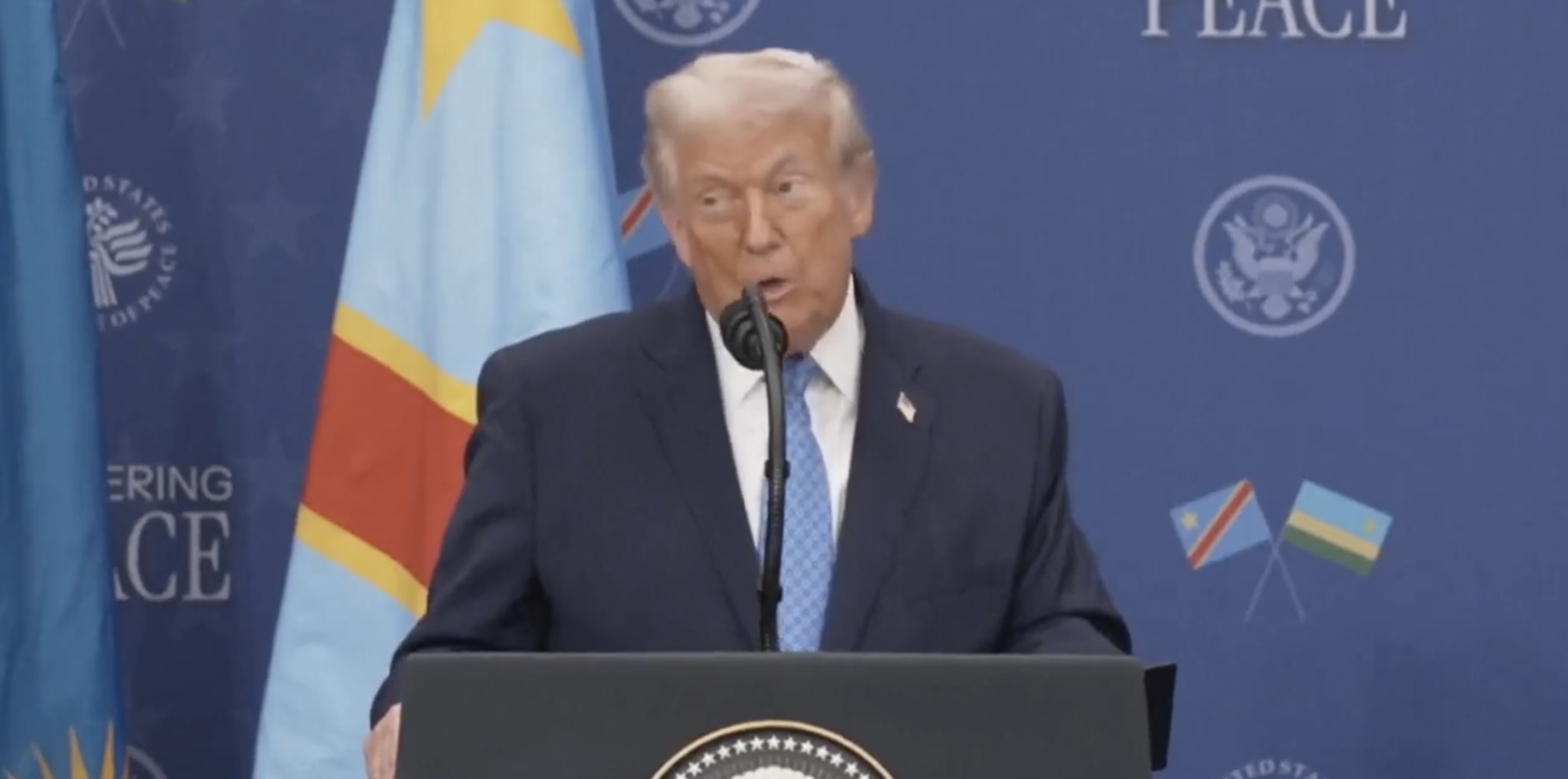This was classic Elizabeth Warren.
Two weeks ago, she released what the Washington Examiner called a ???scathing report??? on America???s current trade deal. Her big complaint is that provisions in the agreements that relate to labor by our trade deal partners are rarely followed and even more rarely enforced.
A press release accompanying the scathing report said decades of violations had not been reported and only five have been accepted since 2008. But as Fran Smith, an adjunct scholar in labor policy with the Competitive Enterprise Institute, points out, trade agreements didn???t even include labor provisions before NAFTA and were not included in the text of an agreement until 2000.
For all those decades, there were no labor provisions to protest.
Even in the time these provisions have existed, they simply haven???t generated many complaints. Perhaps people are bashful. Perhaps, as Warren says, the process is too cumbersome. Perhaps there simply aren???t that many people angry enough about labor practices of U.S. trade partners in other countries to go through the process.
But whatever the reason, Warren???s report demonstrates the lengths the far left ???and some on the right ??? will go to derail the two big trade deals in the works now. The current battleground is in Congress, where the Senate is considering legislation to grant fast-track authority to President Obama to finish negotiations on the two deals.
Fast-track means Congress agrees to give the agreements an up-or-down vote without amendments. In other words, those negotiating with us can trust the deal they agreed to is the deal Congress approves. It does not mean Congress surrenders its role to provide advice and consent on international agreements.
The administration???s trade representative hammers out the details, Congress considers the tradeoffs and conducts an up-or-down vote. And, Warren???s hysterics aside, there is nothing dark or untoward about any of this.
In fact, it???s a straightforward bargain. It???s up to the administration not to allow a deal-breaker into an agreement, and it???s up to Congress to support or make a case to the American public why not. It???s a system so safe we can rely on even President Obama to get it right.
In fact, it???s a system we???ve come to use and appreciate on a bipartisan basis. The United States has been negotiating trade deals in this way since 1974. The first reauthorization of trade promotion authority passed the House, 395-7.
Moreover, one of the two deals ??? the Trans-Pacific Partnership ??? is critical to our efforts to stem Chinese aggression in the Pacific Rim. The Chinese are undertaking massive construction projects on the Spratley Islands in the Pacific. They are building runways big enough for large military planes. They are building docking facilities and other accoutrements and increasing naval activities on the high seas. They are staking claim to the territory and installing the means to enforce those claims.
Passage of TPP gives American firms access to some foreign markets that restricted our trade. It opens some of our markets to foreign goods. But far more importantly, it tells the Chinese we intend to cultivate allies, coordinate policy and work with our friends, if necessary, to check their aggression.
It???s one thing for the far left to oppose trade. It views life as a zero sum game. I win, you must necessarily lose by the same amount. The amount of wealth is a constant. The amount of societal goods as well. The idea is for not just some of us to earn little but for all of us to do so.
But the left???s economics are thoroughly discredited. Virtually all the growth in the present world economy occurs in places that most aggressively pursue free trade. The more freedom, the more trades. The more trades, the more wealth.
But what it doesn???t explain is the right???s resistance. Conservatives are expected to know better. They???re expected to understand markets are better than governments at picking economic winners and losers ??? and in producing more winners.
They don???t want trade assistance provisions, in which workers who can prove they lost their jobs because of trade deals can seek compensation and job training from government. They???re right ??? this is unnecessary. But it is an item to be worked through, not a deal-killer.
One of my liberal friends says Republicans in Congress would rather work against their own interests than give President Obama a victory on anything. I want to think he is wrong, but when I look at the party supposedly dedicated to market economics turning up its nose at trade promotion authority, it makes me wonder.
If Republicans mean it when they say they put policy above politics, they???ll get this over the finish line and prove him wrong. Let???s hope they do.





